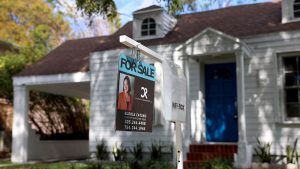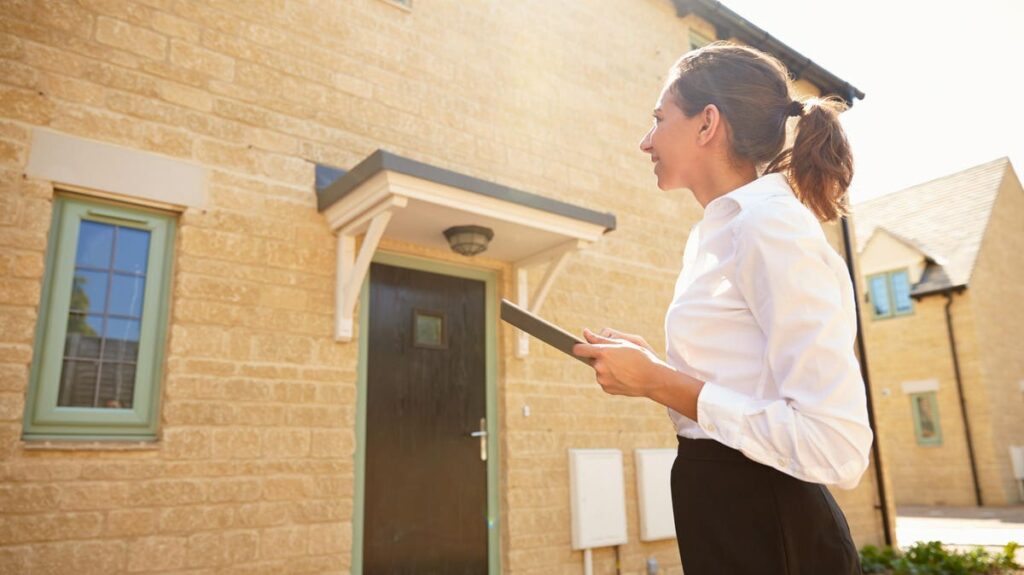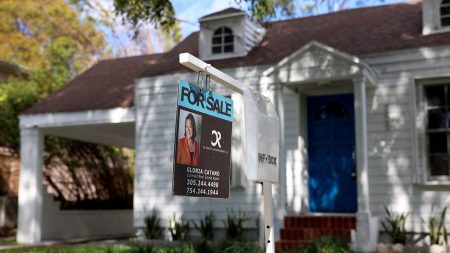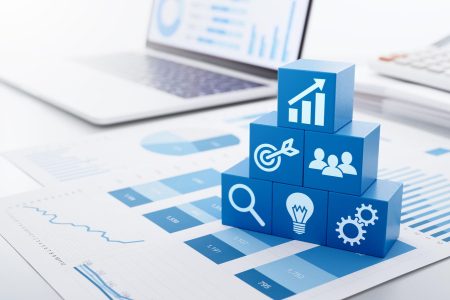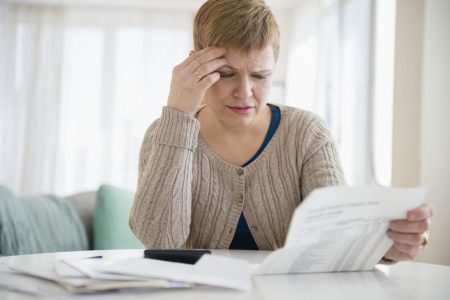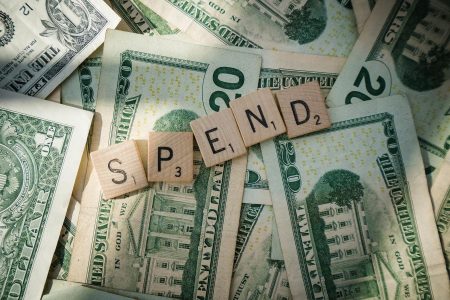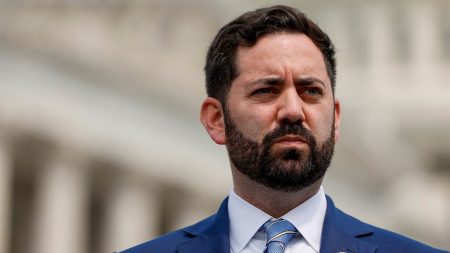To buy or not to buy, that is the question many people are contemplating in the current real estate market and economic conditions.
Regardless of the economic conditions, it’s important to pay even closer attention to your own personal finances to see if it’s a good time to buy now or wait. Here are three warning signs that might mean you need to pause before making this big financial decision.
You Need More Cash Savings To Maintain Your Home Well
Most personal finance experts suggest you save three to six months worth of expenses as an emergency fund. As a homeowner, you’re solely responsible for property taxes, insurance, homeowners’ association fees, roof leaks and emergency plumbing. If you did not factor these expenses as well as other maintenance into your budget, you will want to make sure you can afford them — especially since you probably didn’t deal with this as a renter.
ADVERTISEMENT
State Farm suggests setting aside 1% to 4% of your home’s value for a maintenance fund. For example, if you purchase a home valued at $200,000, you set aside $2,000 to $8,000 to spend on annual upkeep.
I made the mistake of buying a 2,200-square-foot home with a very large lawn that had large oak trees. We later found out those were rotting and needed to be taken down to avoid potentially falling on our house.
The tree removal cost us several thousands of dollars, but because we didn’t have enough money set aside, we asked the contractors to leave all the wood strewn around our front yard. For months, my husband and I tried to move all the lumber ourselves, which took so much more time and effort than we had free due to our busy careers.
ADVERTISEMENT
Your Debt Is More Than 36% Of Your Monthly Income
Practicing patience until your other debts are paid off before taking on a mortgage can feel unfair, especially for millennials riddled with student loan payments. But waiting until you pay off that debt will make the mental burden of a mortgage exponentially lighter. I personally experienced this emotional stress when I had $300,000 of debt, including mortgages and student loans. In hindsight, I should have paid off my student loans before buying a home.
Add up all of the monthly debt payments you are responsible for including:
- Credit card payments;
- Car payments;
- Student loans; and
- Personal loans.
If your total debt payments add up to more than 36% of your total monthly income before taxes, adding a mortgage on top of it will essentially leave you feeling house poor without much room for other expenses to actually enjoy your life.
ADVERTISEMENT
Waiting until you’ve paid off more debt has an upside: a positive influence on your credit score, which gives you the opportunity to acquire lower interest rates and better mortgage terms once you’re ready to buy.
You Would Be Stressed To Keep Your Home In A Recession
The National Bureau of Economic Research’s standard definition of a recession is a significant decrease in economic activity that spreads across the economy for more than a few months. With a potential recession looming, you don’t want to be in a situation where you have to choose between paying your other important expenses or paying your mortgage.
I’ve helped many of my financial education students prepare to buy homes despite an inflated real estate market and rising interest rates. But in many of those cases, their moves were necessary due to personal circumstances related to health, divorce or job relocation.
ADVERTISEMENT
In those cases, what was happening in the economy was not a top priority in deciding to buy a home.
If the news of a potential recession worries you, it’s likely best to wait, particularly if your main income source is susceptible to an economic downturn. Just like you can’t time success in the stock market, trying to time the real estate market is just as futile.
Even though I currently have enough savings to buy a new home, I am still choosing to rent for the immediate future, and am comfortable with that decision despite the societal pressure to be a homeowner.
Rather than focusing on the environmental factors you can’t control, take action to recession-proof your finances so that owning a home will be a blessing rather than a curse — regardless of the economy.
ADVERTISEMENT
Read the full article here

